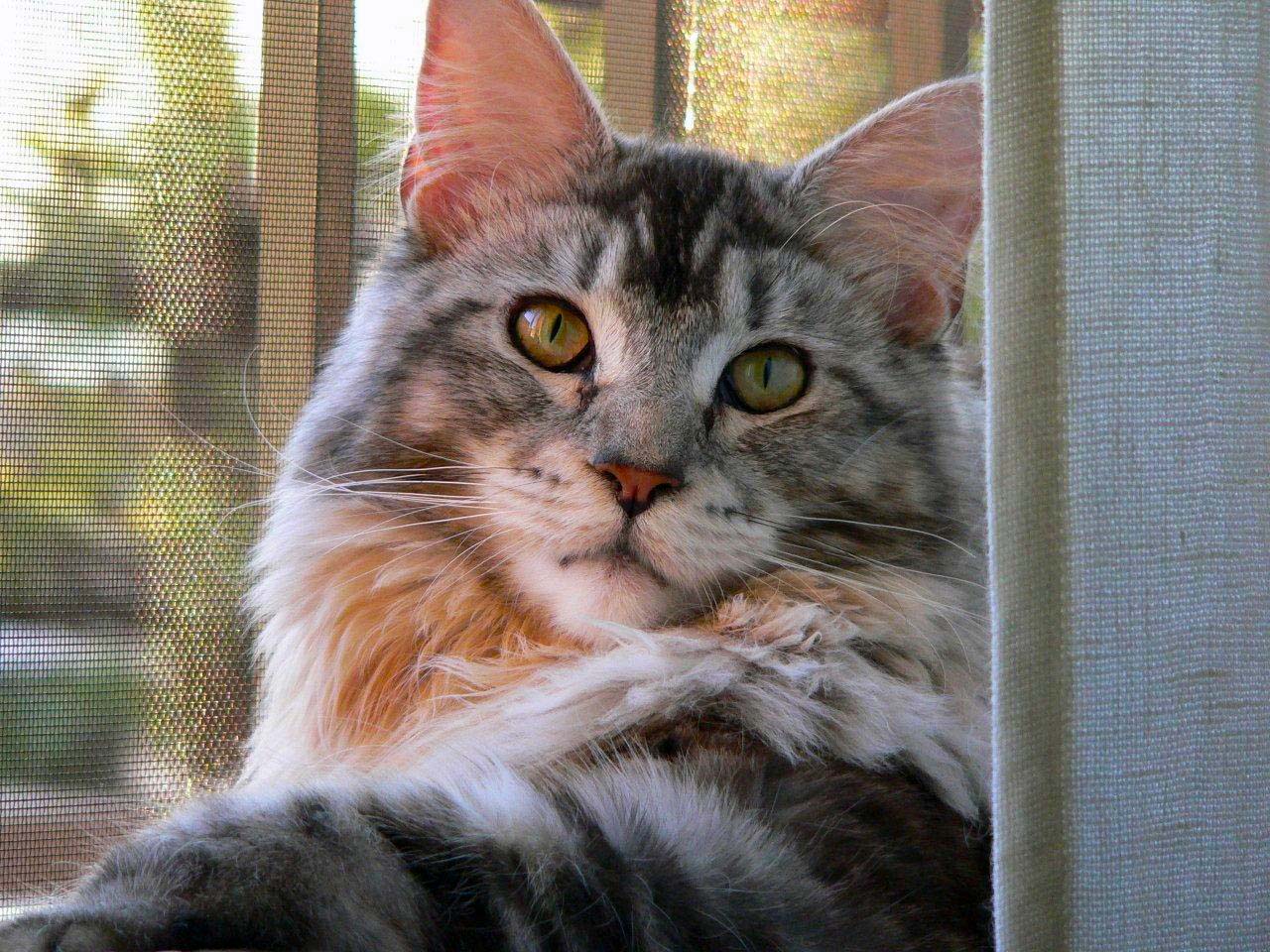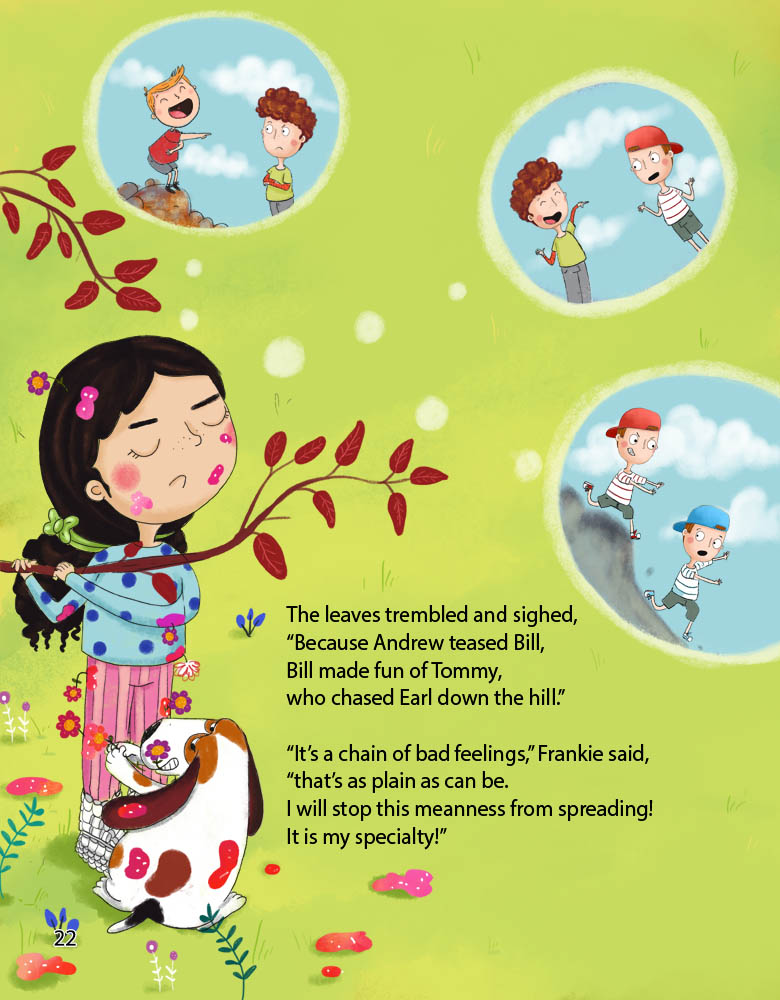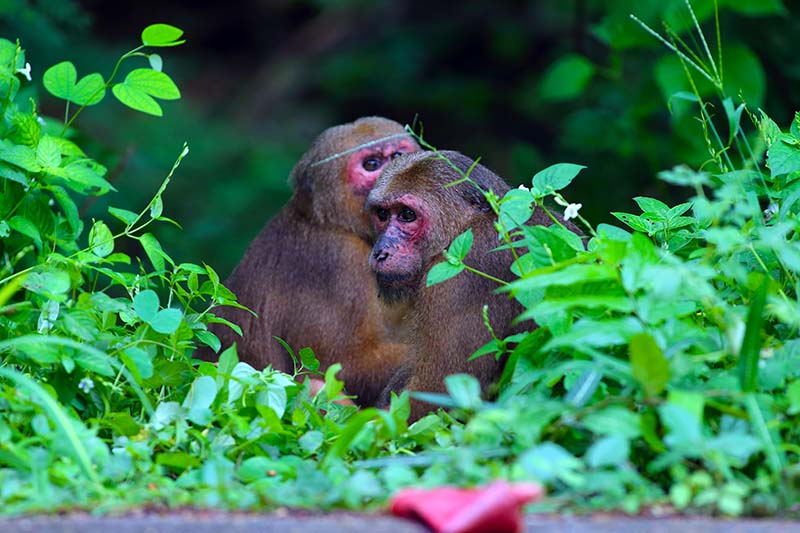1.5-minute read
How much do you imagine birds know about what their feathered friends might be thinking? Are they capable of putting themselves in another bird’s shoes—if birds wore shoes—or do they simply rely on instinct to navigate intra-avian interactions?
The ability to comprehend that another’s thoughts and desires may differ from our own was long believed to be a uniquely human cognitive trait. Recent research has revealed that predicting and interpreting the beliefs and intentions of others is a skill that we share with some members of the crow family. Despite having a distinctly different brain structure, these brainy birds are capable of perspective-taking, the complex thinking and behavioral flexibility that enables them to ignore their own preferences and predict and respond to the preferences of their mates.
A University of Cambridge study revealed that the courting male Eurasian jay could perceive that the way to his best bird’s heart was through her stomach. Given a choice between two types of favorite worms to feed his mate, and regardless of which wriggly delicacy he wanted, the insightful jay chose to feed her the type of worm she had not already eaten. Because both humans and animals would prefer not to eat the same food for every meal, researchers concluded that the male jays paid attention to what their mates ate and predicted that offering her food she had not grown tired of would be more likely to please her. It seems, for Eurasian jays, to love a bird is to cater to her worm wishes—food for thought.

ICYMI Nature News
Dolphins Return to Da Bronx
Delighted New Yorkers welcomed the return of dolphins to the Bronx River this week thanks to a decades-long cleanup effort to restore the aquatic habitat. Happy to have you back, finned fellows!
A Vaccine for Endangered Bees
Help is on the way for honeybees plagued by a deadly bacterial disease. The first bee vaccine developed to save hives has been approved in the United States. Roll up those teeny-tiny sleeves!
Turtle Moms Talk to Their Eggs
Researchers have discovered that giant South American river turtles chat to their eggs before they hatch. Not only that, but the pre-hatched turtles also chirp together to coordinate the big breakout. Ready, set, go!
These Frogs Hide their Blood to Go Stealth
Scientists in the Amazon have learned that tropical glass frogs can divert their blood to their livers to make themselves invisible. Ooh, amphibian party trick!
Keeping It Cool with Snot Bubbles
According to a study at Curtin University, echidnas, prickly egg-laying mammals native to Australia, cope with high temperatures by blowing snot bubbles to keep their noses wet. Wait, doesn’t everyone?
Time to Plan Your Pollinator Patch
To reach their goal of 25,000 new pollinator gardens across the U.S. in 2023, Save our Monarchs is inviting every school, scout troop, and 4-H club across the U.S. to pitch in and plant to help save the endangered butterflies. Find out how to get your free seeds here.




















































